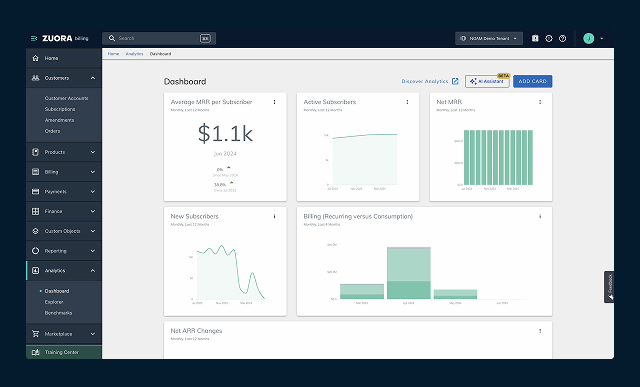Is your recruitment agency preparing you for the IR35 changes? The phrase ‘IR35’ or ‘Off-Payroll Working’ as it is now being referred to will strike a chord, maybe a chill, in the heart of many readers.
For years HMRC (Her Majesty’s Revenue and Customs) has tried, with limited success, to tax contractors broadly at the same rates as permanent employees but with none of the perks such as security, career development, holiday pay, sick pay, and pensions. This legislation is called IR35.
Until April 2017 the legal responsibility to determine whether someone was inside or outside of IR35 sat with the contractors and, of course, they also accepted the liability of their decision.
In April 2017, HMRC addressed ‘supposed’ non-compliance in the public sector by introducing a new set of reforms applicable to contractors operating via private service companies (PSCs) whether hired directly or via a third party (the fee payer).
Private Sector IR35
As suspected by many, HMRC moved quickly (and quietly) to start the process of rolling this legislation as ‘proposed new rules’ into the private sector with a target date of April 2020.
These ‘proposed new rules’ have now been through a final consultation with the draft legislation published on the 11th July 2019 and as we suspected, with little material change from the legislation that has already been implemented in the public sector, save some minor clarifications.
What this means for private sector organisations that use contractors, and SIs who use contractors for private sector customers, is that you need to have a two phase approach: covering the correct determination of the IR35 status of your current contractor; and determining the IR35 status of your new contractor roles before you hire into them.
They are unlikely to continue on the same project inside IR35 without re-negotiating their rate
Director at Oracle Contractors
To see the whole picture and make the right determination for your business, it is important to understand the implications associated with your determinations. For example, if you determine your contractors are inside IR35 then you must be prepared to overcome challenges like the retention of the contractors that you already have, attracting new skills, and increased costs.
It is widely accepted that a contractor who has previously determined themselves as outside IR35 will be unlikely to continue on the same project on an inside IR35 basis without re-negotiating their rate to compensate for their increased tax liability, if they decide to stay at all.
Our ‘IR35 Contractor Calculator’ shows that, given some assumptions, the cost of a typical £400 per day contractor will increase by roughly 21 percent.
Conversely, if you determine your contractor is outside IR35 then you will be required to provide to the ‘fee payer’ (who accepts the liability), evidence of how you would handle a substitution request, how you manage ‘control’ of contractors, and how you remedy unacceptable work.
Your recruitment agency partner should be working with you to prepare you for this forthcoming legislation through workshops to gauge your current knowledge levels regarding IR35, highlight what the changes are, and identify which framework your organisation wants to operate within.
Be under no illusion there is new legislation coming. With the emphasis on decision making and associated liabilities, you need to be working in partnership with your recruitment agency and ensure that they have the skills, knowledge, and methodology to navigate you through this new and challenging legislative environment.




